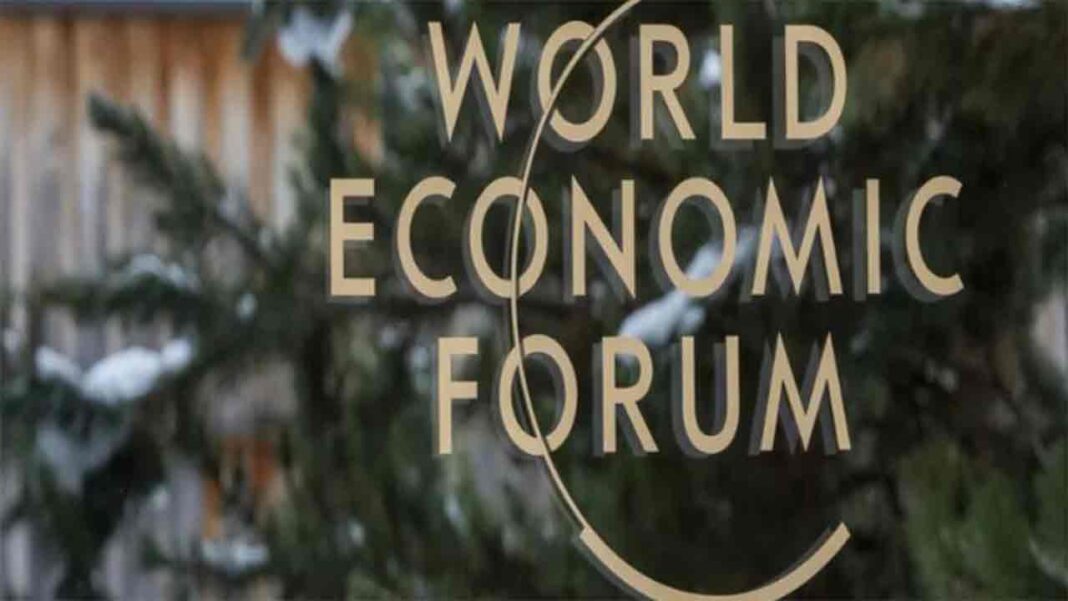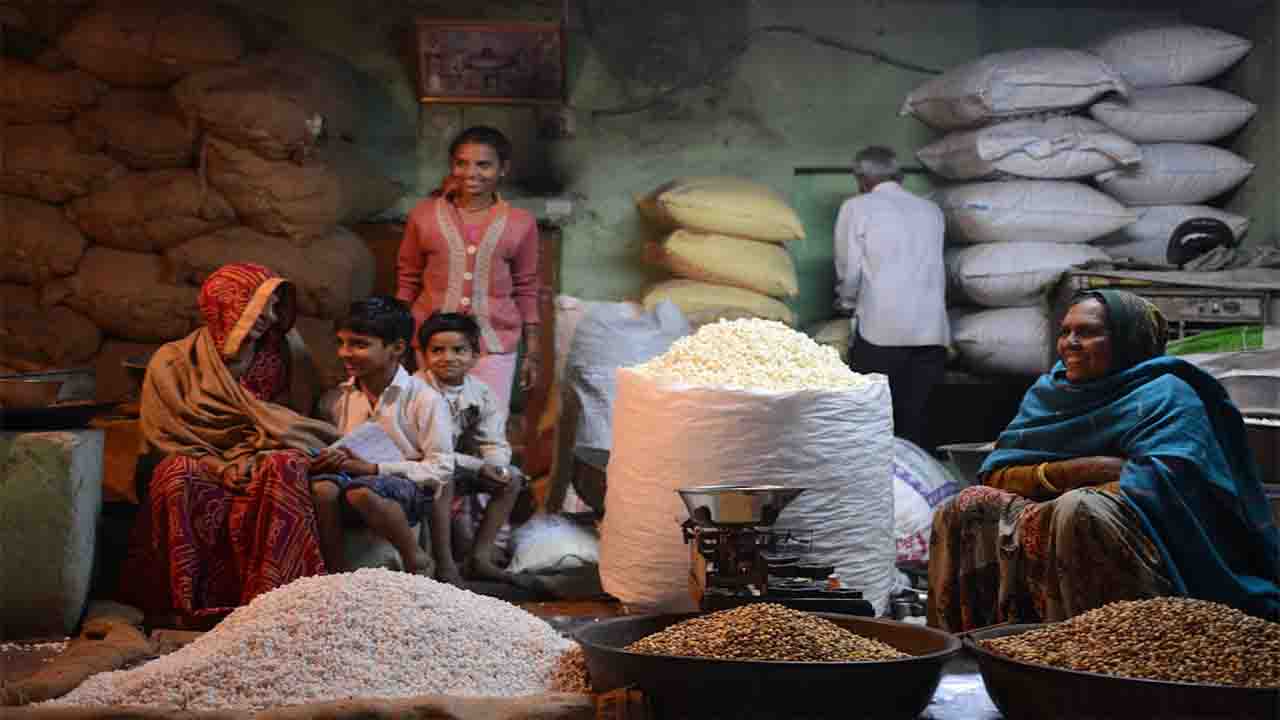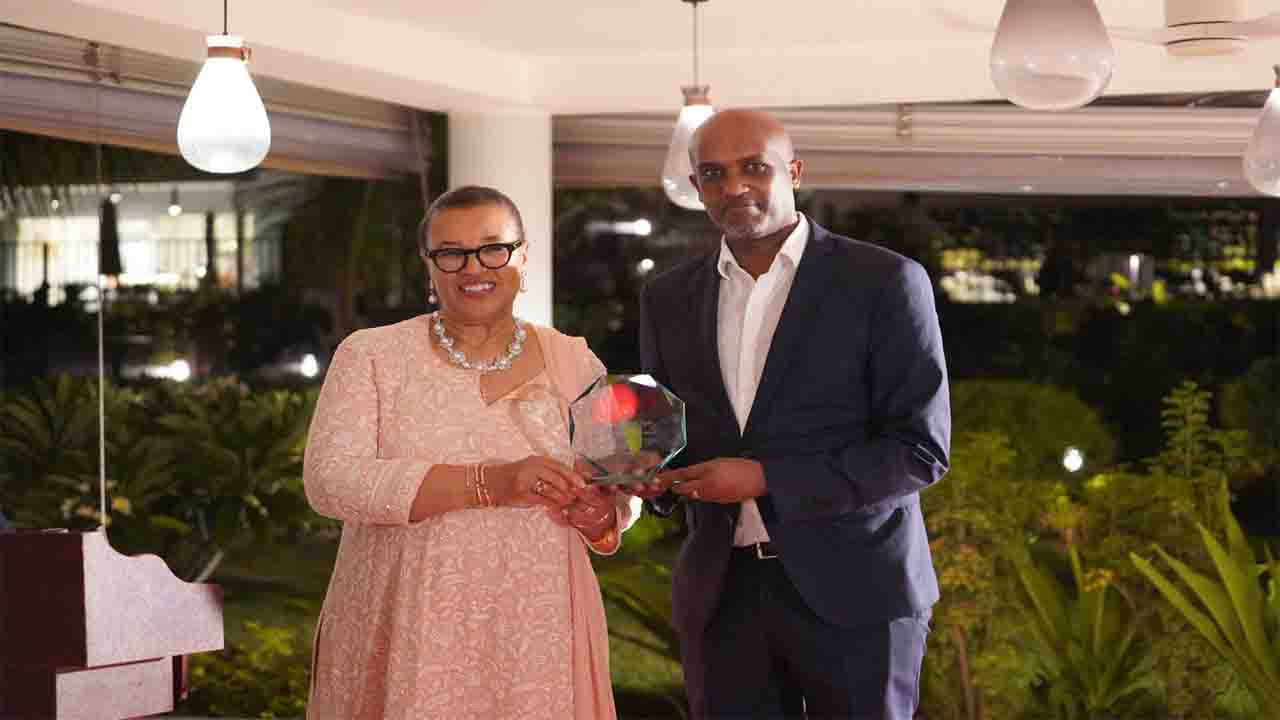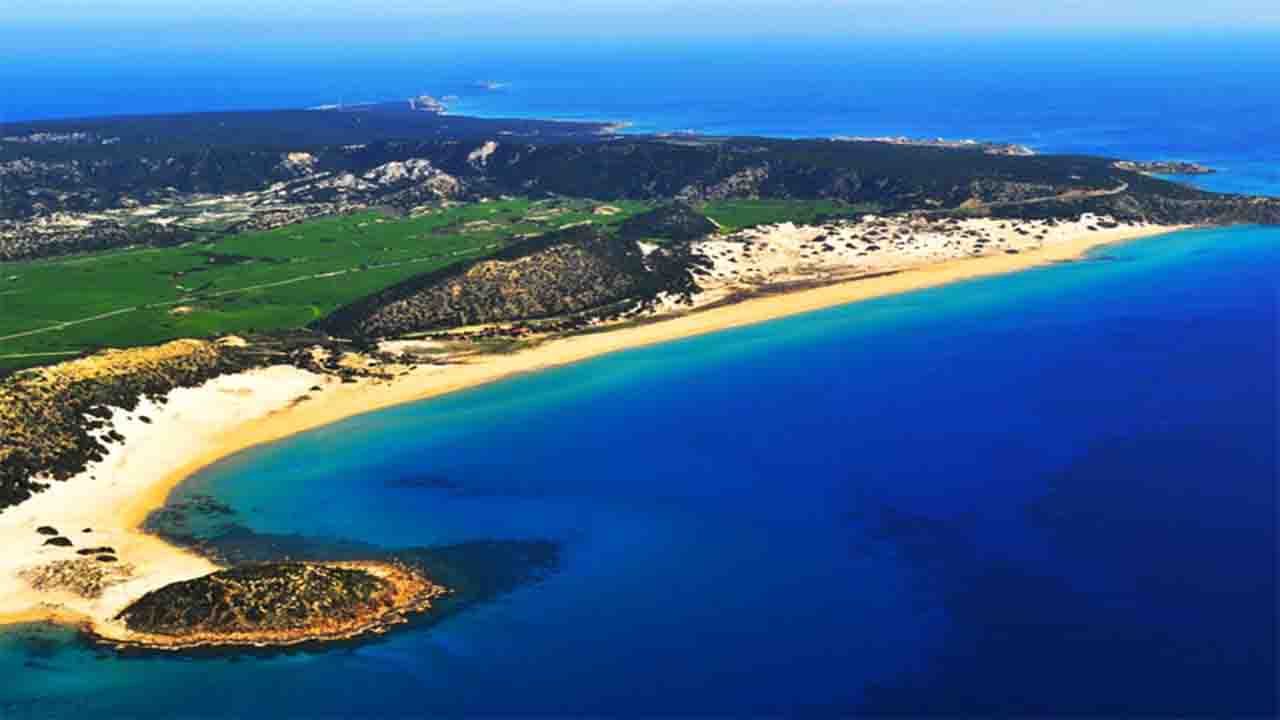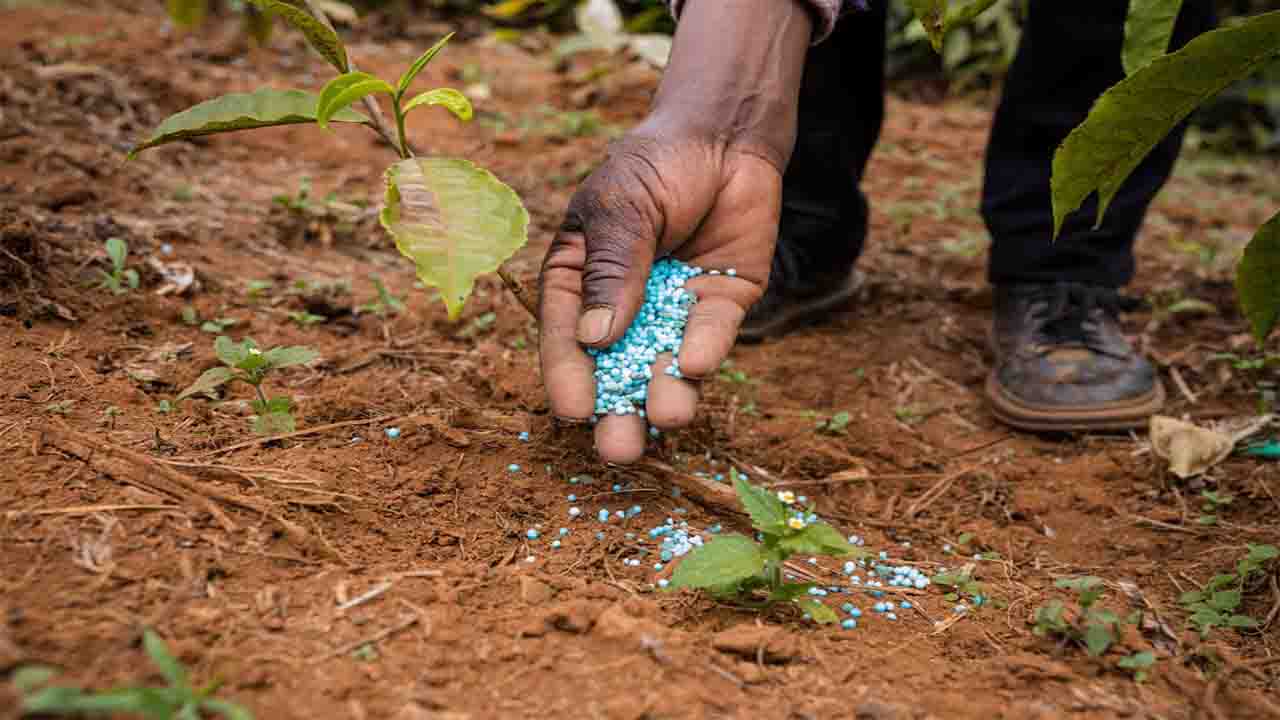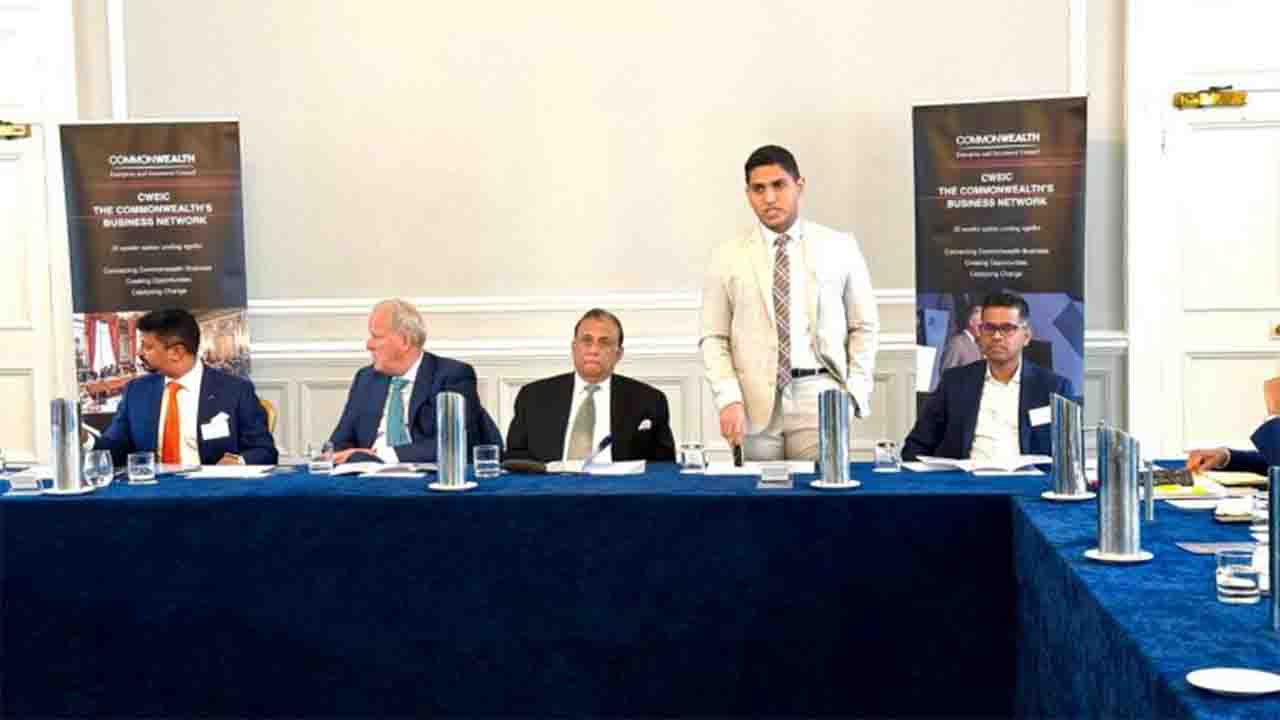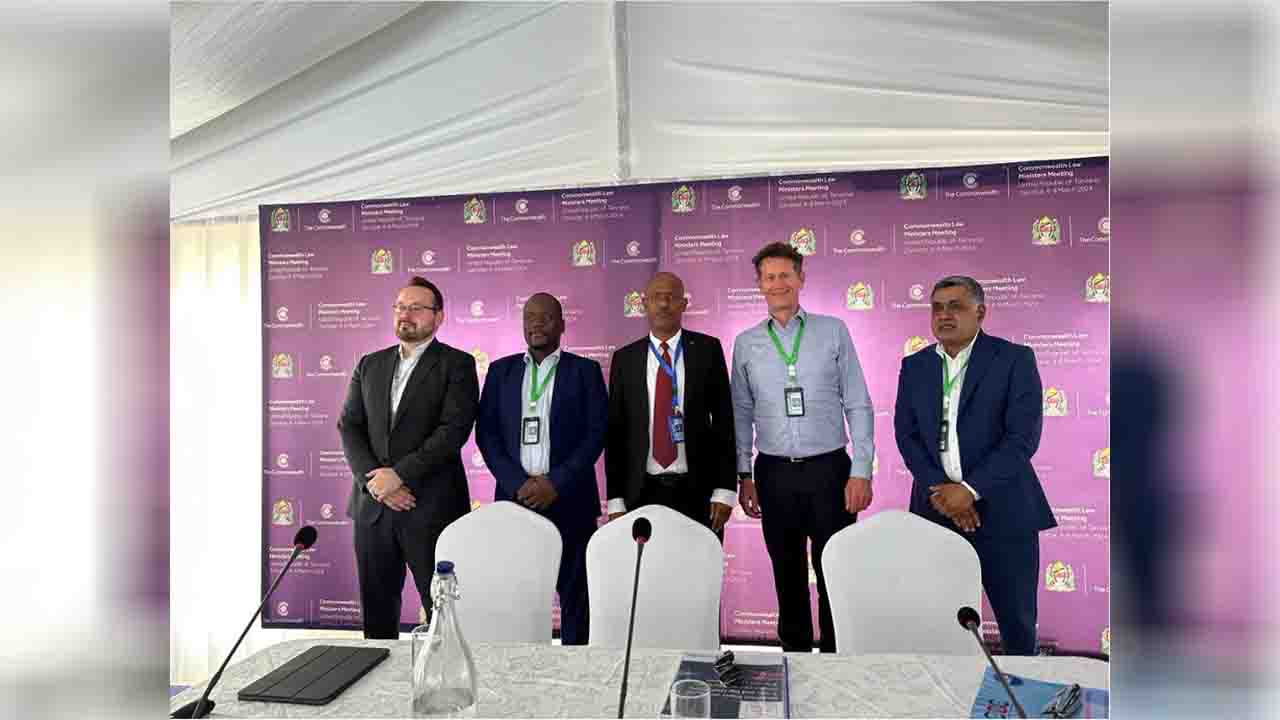GLOBAL (Commonwealth Union)_Trade and investment surfaced as a recurring subject during this year’s Davos Annual Meeting. Despite widespread inflation; supply chain challenges leftover from the COVID-19 epidemic; geopolitical shocks such as Russia’s invasion of Ukraine; and talk of deglobalization and geoeconomic fragmentation, global trade reached a record amount of $32 trillion in the recent year.
Nonetheless, there is concern that a variety of obstacles will result in a big global economic downturn. Nonetheless, delegates at the Annual Meeting 2023, such as International Monetary Fund Managing Director Kristalina Georgieva, urged governments and the business sector to “be pragmatic, collaborate,” and “keep the global economy integrated for the benefit of all of us.”
“Despite the challenges with the global commons we confront today, we can’t fix them without multilateralism, cooperation and commerce. “We must not toss out the baby with the bathwater,” World Trade Organization (WTO) Director General Ngozi Okonjo-Iweala emphasised.
Similarly, numerous speakers noted that, despite the polycrisis that threatens global trade fragmentation, multilateralism and collaboration remain viable weapons for prosperity. Even if the world decouples into two blocks, we would lose 5% of actual global GDP. Global economic fragmentation, including friendshoring, will inevitably be costly because it will result in inefficiencies and redundancy, and so inflation.
Facilitating trade and investment to spur growth has led in significant real cost reductions and revenue increases. The Global Alliance for Trade Facilitation has received fresh support in its sixth year of operation, according to USAID Administrator Samantha Power.
Ursula von der Leyen, President of the European Commission, named trade as one of the four pillars of her bloc’s Green Deal. As governments implement Net-Zero industry and energy transformation programmes, resilient supply chains and open markets will be vital to assuring access to critical raw materials and inputs for decarbonization. The EU also sees trade as an important part of reducing reliance on monopolistic supply chains for essential commodities such as lithium and rare earths. “Competition and trade are critical to accelerating clean technology and climate neutrality,” von der Leyen said.
As the EU’s own Carbon Border Adjustment Mechanism (CBAM) continues to spark debate in some circles due to its protectionist nature, it will be interesting to see how carbon competitiveness measures emerge around the world in an attempt to level the playing field on the way to Net-Zero.
Globalization must become more sensitive to labour issues and inequality as it changes in response to evolving geopolitical, demographic, and environmental realities. A single concentration on the lowest cost model of globalisation must give way to one that also considers environmental and social constraints. In order to better incorporate and execute labour rights and supply chain due diligence in our economic systems, deeper stakeholder engagement is required.
“Let us not lose sight of people we want to benefit from our vision and the economic opportunity that we want to create in the new version of globalisation. And that is, “let us not lose sight of the people who comprise our economies, who are not only customers, but also workers, family members, and community members,” said US Trade Representative Katherine Tai.
A new globalisation model should also treat Indigenous Peoples better, recognising their land, cultural, and property rights and investing in their companies and communities while keeping in mind the climatic threats they face as well as the knowledge and sustainability prospects they bring. “It is vital to raise the problem of Indigenous People to the mainstream agenda, especially the global trade and investment agenda,” said Julio José Prado, Ecuador’s Minister of Production, Foreign Trade, Investment, and Fisheries.
The trade ministers of Ecuador, the European Union, Kenya, and New Zealand pioneered the formation of a coalition of trade ministers on climate, which now includes more than 50 trade ministers. The alliance will provide high-level political leadership and direction to strengthen inclusive international cooperation at the intersection of climate, trade, and sustainable development.
Responding to the need for climate action and trade policy to work in tandem, the alliance would strengthen coordination among climate, development, environment, and finance ministers at the national and international levels. The coalition’s present membership includes countries from all regions, with varied levels of development and climatic vulnerability.
“If we want a truly global response to climate change, we need to engage nationally and internationally with fellow ministers working on climate, environment, finance, and development, among other things; we need to do a better job of connecting these different dots,” said Valdis Dombrovskis, Executive Vice-President for an Economy that Works for People and Commissioner for Trade at the European Commission.
